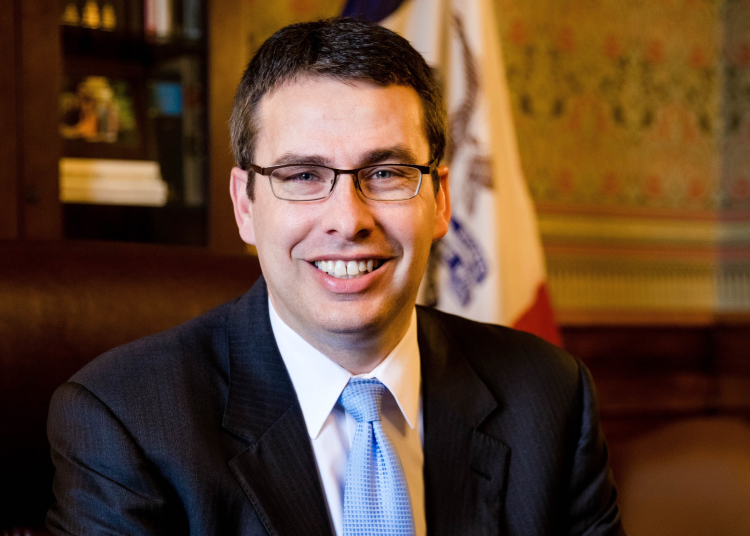This is regarding the July 26 column in the CBJ referencing a recent survey from Flex Jobs entitled, “Nearly half of unemployed job seekers frustrated by lack of right job opportunities.” As an experienced human resource professional and a career transition advisor, I can see both sides of the problem. Unfortunately, both employers and job seekers tend to be in their own way, and the unintended outcome is that neither can find each other without substantial frustration and blame.
Not every approach works for every job seeker or employer, but if “posting and praying” to job boards or “spraying and praying” a resume is the approach, it doesn’t always produce the desired outcomes for anyone.
For job seekers to get out of their own way, they must identify obstacles — both real and self-imposed. COVID-19 or lack of child care are real issues for job seekers; these are real challenges for many and need to be addressed. But I also know that job seekers create their own obstacles when they are not willing to be open, flexible, or do the necessary work to land that next job. Being open to new things might include using one’s skills in a different environment or working remotely rather than on-site. Flexibility also means that job seekers will need to apply for jobs where they don’t meet 100% of the qualifications. Meeting most of the qualifications when applying for a position is frequently enough to move the job seeker to the next step in the hiring process. Job seekers often underestimate how much time needs to be dedicated to a job search. Online applications can take hours to complete; researching employers and prepping for interviews cannot be done adequately in a few minutes. All of these are obstacles that the job seeker can remove.
Another obstacle faced by job seekers is fear. Many job seekers have commonly held fears that need to be addressed because they prevent them from moving ahead in a positive way. One fear that I regularly hear has to do with age. To say at the onset of a job search, “They won’t hire me because I’m too old” is to adapt a self-limiting belief. This belief can prevent job seekers from applying for positions, and in the hiring process, it can lead to exuding a lack of confidence, especially in an interview. This, in turn, leads to negative outcomes. Concerns about ageism are just one such fear. Others include impostor syndrome and fear of rejection.
Employers also have some work to do. The old “post and pray” approach is long gone. Posting your jobs and hoping that the right person applies is also not an effective strategy by itself. Posting jobs on popular job boards is not a bad approach — it shows that the employer is hiring. However, there are many other considerations and avenues to pursue to connect to passive and active job seekers. Employers can be more proactive and show a willingness to try new approaches, make the application process easier, hold challenging discussions about culture and employer brand (value proposition), review their job postings, provide interview training for managers, and agree on the qualifications for the job that is being filled. It’s essential to dedicate the recruiting talent necessary to get the job done. We often hear frustration from job seekers that recruiters don’t follow through, and at the same time hear from recruiters that they are understaffed and frustrated because good candidates get away. Having the right recruiting staff is also important. If an employment representative does not enjoy talking with people, prospecting, influencing, or offering creative solutions, it’s possible that recruiting is not in their wheelhouse. In the end, the lack of applicants becomes the problem, not the employer.
Both job seekers and employers experience frustration when it comes to making the right match. However, with honest reflection, creativity and removal of obstacles, both parties can experience better outcomes.
Jennifer Lawrence is owner of Corridor HR Solutions in Hiawatha, corridorhrsolutions.com




